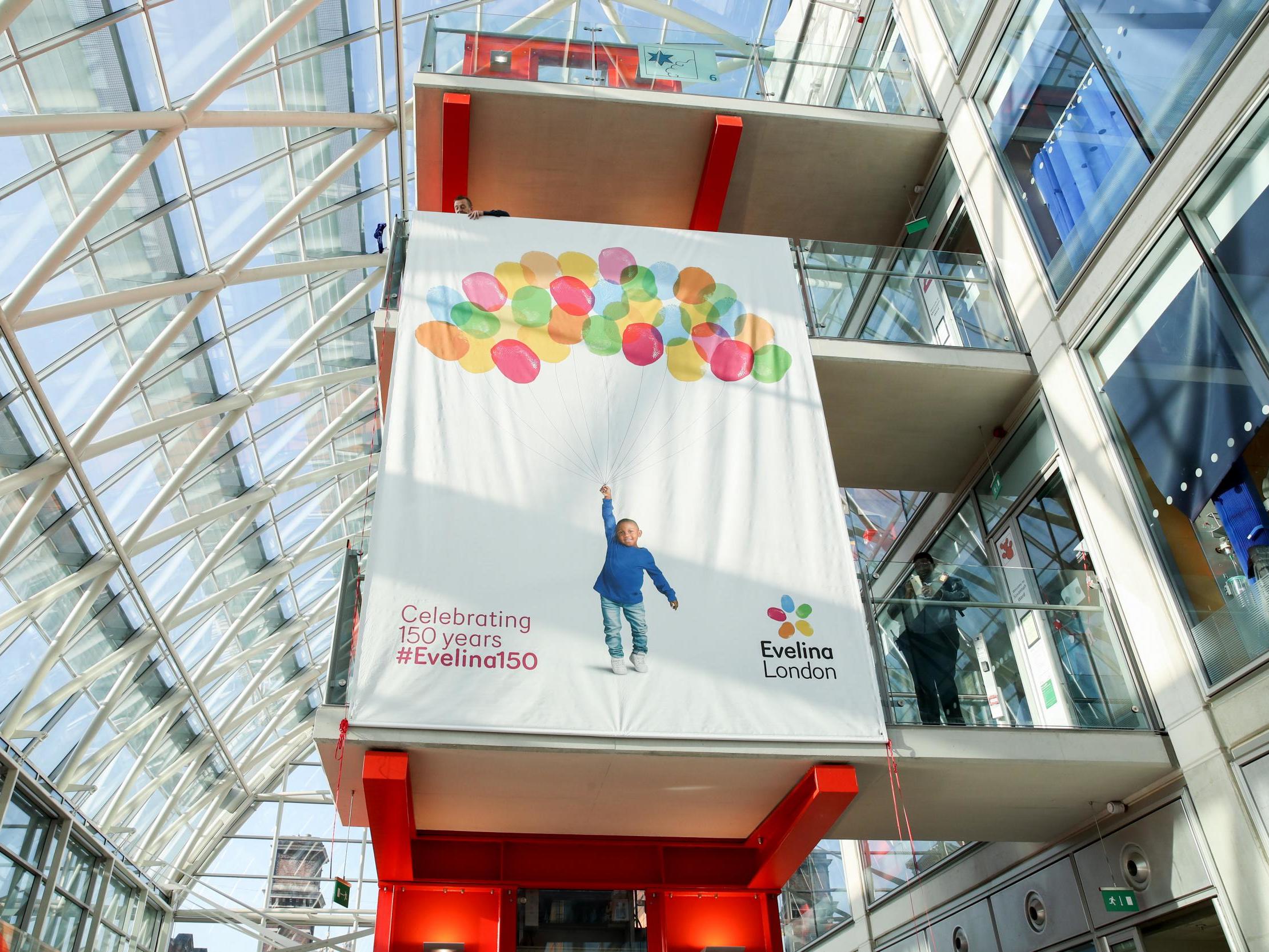Couple poisoned young child by injecting him with insulin he did not need, court told
Youngster repeatedly given hormone used to treat diabetes despite not needing it, jurors told

A couple have been accused of “poisoning” a young child who was injected with “dangerous” amounts of insulin, a court has heard.
Amal Asiri, 29, and Mohammed Asiri, 38, allegedly repeatedly injected the child with insulin at Evelina London Children’s Hospital, which is part of Guy’s and St Thomas’ NHS Foundation Trust.
The Saudi Arabian couple, of Kensington, southwest London, chose not to attend their trial at the Old Bailey on Monday, jurors were told.
Opening the case, prosecutor Sarah Whitehouse QC told how a young child was admitted to Evelina London on 13 February last year having arrived from Saudi Arabia in a private air ambulance.
Over the next four weeks, the child, who cannot be identified for legal reasons, was repeatedly injected with insulin despite not needing it, jurors were told.
The effect was to reduce the child's blood sugar “to dangerous levels”, Ms Whitehouse told jurors.
The child allegedly suffered repeated incidents of hypoglycaemia, where blood sugar levels became abnormally low.
The prosecutor told jurors it was “significant” that different nurses were on duty at the time of the incidents so it was “not a case where a rogue nurse was harming a patient”.
Ms Asiri would allegedly “pester” the staff to check the child’s blood sugar levels even when physical symptoms were not immediately displayed.
And when the defendants were prevented from attending the hospital, the attacks stopped, jurors were told.
Ms Asiri was allegedly responsible for administering the insulin, which is used to treat diabetes.
But both defendants had access to insulin, knew how and when to use it and what its effects were, the court heard.
Ms Whitehouse told jurors how, if left untreated, low blood sugar levels can lead to someone becoming unconscious, suffering fits – and even permanent brain damage or death.
The court heard how a doctor became concerned by the child’s erratic blood sugar levels and samples sent to a hospital lab revealed high levels of insulin.
The samples were sent on to the Royal Hospital in Guildford for specialist tests, which confirmed they were consistent with artificial insulin and raised the alarm with police and social services, the court heard.

Meanwhile, on 4 March 2018, an intravenous tube giving a constant supply of glucose was found disconnected but the child’s blood sugar levels had not plummeted, jurors heard.
In a search of the child’s hospital cubicle, insulin pens were reportedly found in a bag.
More boxes of insulin pens were allegedly recovered during a search of the defendants’ London flat.
Ms Asiri told police she had married when she was aged 14 and lived in Riyadh, Saudi Arabia, where her husband worked in the military.

Both defendants denied giving the child any insulin.
Jurors were told that following their arrest, the child suffered no more hypoglycaemic incidents.
The defendants deny child cruelty between 1 May 2017 and 9 March 2018.
Ms Asiri also denies administering a poison or noxious substance to the child between the same dates.
The trial continues.
Press Association contributed to this report
Bookmark popover
Removed from bookmarks